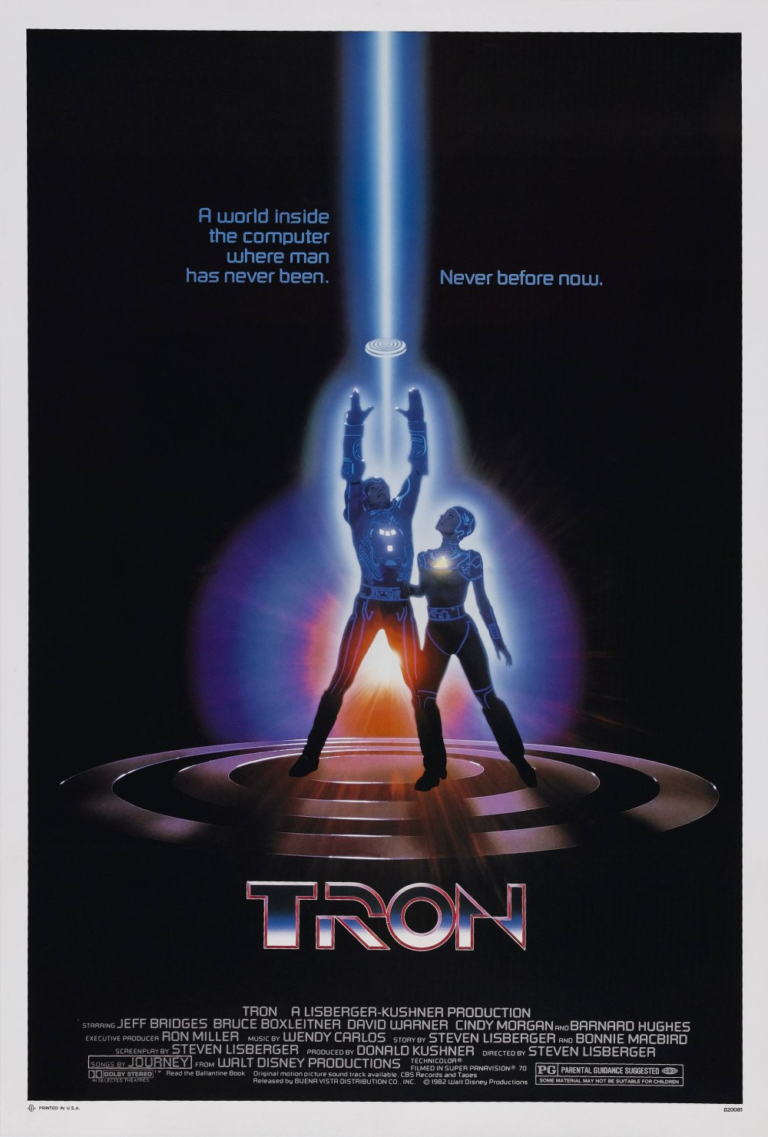 When some of Europe’s biggest soccer clubs become involved, it’s a sure sign that there is money to be made. Soccer’s voracious appetite for money is legendary and when it comes to exploiting market segments, few sporting organisations are better than soccer clubs.
When some of Europe’s biggest soccer clubs become involved, it’s a sure sign that there is money to be made. Soccer’s voracious appetite for money is legendary and when it comes to exploiting market segments, few sporting organisations are better than soccer clubs.
Paris St Germain, Santos, Manchester City, West Ham United, Ajax, Besiktas and Schalke are just some of the clubs involved. When leagues begin partnerships, it’s a sign of more investment to come.
City signed their first eSports player others are ahead of that curve. For the clubs, it’s all about brand exposure. Tara Warren, executive director of communications at West Ham, explained that digital and tech are the club’s priorities as far as brand awareness is concerned. eSports and the professional game enjoy a symbiotic relationship.
So too do other sports and the burgeoning eSports, which is of little surprise when the market is estimated by some analysts to be worth $1bn in 2018. Global sport finance specialists, Deloitte, offers more caution, predicting significant – but smaller – growth, a point with which the Financial Times agrees.
It’s clear that some areas of eSports are more established than others. While the winners of the Interactive FIFA World Cup receive £20,000, the winning team at the International Dota 2 Championships get £6.7m. To put it into context, the winner of the Men’s Singles at Wimbledon 2017 will walk away with a cheque for £2.2m. According to the BBC, the total prize money won globally in 2016 was a staggering $93.3m.
Premier League involvement may see the FIFA money increase; 600m players worldwide mean that each year’s new version of the game pulls in more money than the previous edition.
And if you’re still not convinced eSports is the real deal, consider this. An ESL Gaming initiative, in co-operation with NADA and working toward WADA recognition, is to outlaw the use of Performance Enhancing Drugs (PED) which blight other sports. eSports has arrived.
Taking Advantage Of The Tools To Hand
All this from humble beginnings when groups of players met at conventions for multi-player tournaments. Now, most online bookmakers offer a full market on events, while Betway Sports made the headlines last year when they became lead sponsor of Ninjas in Pyjamas, one of the world’s most famous eSports teams.
Despite the money involved, there’s still a perception in the wider world, that eSports is a fad, a new toy whose novelty will soon wear off. Nothing could be further from the truth; eSports will evolve in the same way other professional sports did.
It wasn’t until the mid-1980s that the UK bought into American football. Since then, it has grown through a path of two steps forward, one back. Now more popular than ever, the Super Bowl is becoming an ‘event’ in its own right in these green and pleasant lands.

eSports is unlikely to follow a similar trajectory. It’s very nature puts it front and centre of the technological world we live in today. Any advancements are likely to pull eSports along with them, giving it an immediate advantage on those which went before.
There’s little sign of the growth stalling. It may slow down in coming years but with studios producing games deliberately designed for the eSports, as well as the domestic markets, the signs are that there is much more to come.
Perhaps the biggest danger is the internal perception. With prize money commanding staggering sums, there is bound to be a schism at some point. Those who want the ‘purity’ of their eSports retained will reach a point where the mainstream popularity is too much for them. A bit like fans of a band who after years of working the club circuit make it big but some resent their ‘precious’ being popular.
The Future’s Bright, The Future’s Unlimited
That won’t matter much in the overall scheme of things. As eSports gains in popularity and the additions outweigh the churn of players, there is no problem. BI Intelligence reported that 300m people “tune in” to eSports today, with projects of 500m by 2020. With that kind of reach, the cliff edge seems some way off.
It’s important to remember that as an industry, professional eSports is less than a decade old. Amateur level occupies the same level as Comicon, where the participants are viewed as obsessives. Professionalism confers a different status and in a young industry, there are still plenty of revenue streams to exploit.
Indeed, there are more games to exploit. The genres may be well defined but the games themselves are limited by technology and human imagination. So long as the studios come up with original ideas, as well as iterations of games which capture the imagination of the players, there is a market for eSports.

